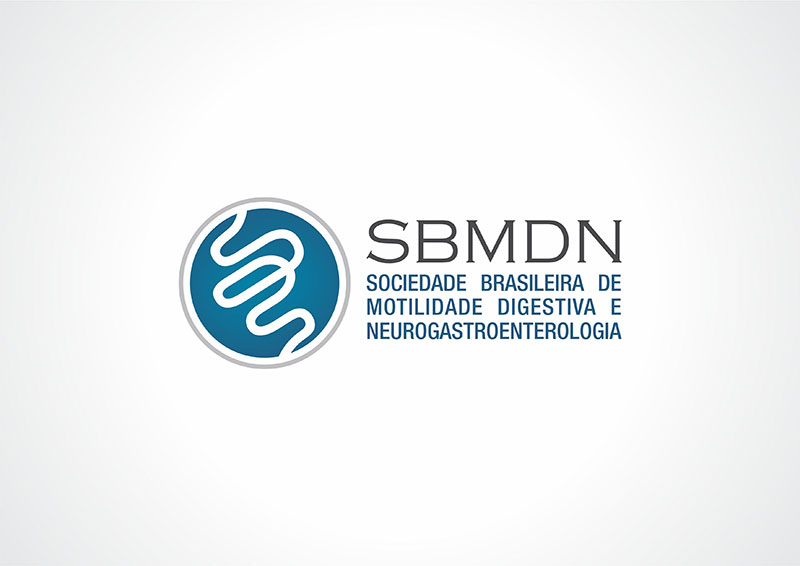Enfermidades Funcionais Gastrintestinais e Desajuste psicológico, Características de Personalidade e Qualidade de Vida.
Comentários: Trabalho bem conduzido (Sri Lanka) em adolescentes (13-18 anos) estudou a eventual associação entre perturbações gastrintestinais com predomínio de dor e características e desajustes psicológicos. Utilizando-se dos critérios de Roma III, foram analisados 1697 indivíduos tendo chegado a conclusões interessantes dentre as quais se destacam: adolescentes com enfermidades funcionais do aparelho digestivo tem maiores possibilidades de apresentarem dsesajustes psicológicos e de personalidade do que controles saudáveis.
Autor: Dr. Joaquim Prado P. Moraes Filho
Functional gastrointestinal diseases and psychological maladjustment, personality traits and quality of life
Nishadi Ranasinghe, Niranga Manjuri Devanarayana, Shaman Rajindrajith, Madusanka S. Perera, Samudu Título: Nishanthinie, Tania Warnakulasuriya and Piyanjali Thamesha de Zoysa
BMC Gastroenterol. 2018 Feb 27;18(1):33. DOI : 10.1186/s12876-018-0760-8.
Background Chronic abdominal pain is a common worldwide problem and known to be associated with psychological problems. This study evaluated the association between abdominal pain-predominant functional gastrointestinal disorders (AP-FGIDs), psychological maladjustment and personality traits in adolescents. Methods Adolescents aged 13-18 years were recruited from 5 randomly selected schools in Ampara district of Sri Lanka. AP-FGIDs were diagnosed using Rome III criteria. Translated and validated Rome III questionnaire (Child report form), personality questionnaire (PAQ) and PedsQL (Pediatric Quality of Life) inventory were used in data collection. Written consent was obtained from a parent and assent was obtained from every child recruited. The questionnaire was distributed in an examination setting to ensure confidentiality and privacy. Research assistants were present during data collection to assist on any necessary clarifications. Results A total of 1697 subjects were recruited [males 779 (45.9%), mean age 15.1 years, SD 1.6 years]. AP-FGIDs were present in 202 (11.9%). Those with AP-FGIDs had significantly higher mean scores for all personality traits (hostility and aggression, negative self-esteem, emotional unresponsiveness, emotional instability and negative world view), except dependency. Affected children had lower scores for all 4 domains of HRQoL (physical, emotional, social and school functioning), compared to controls (p?<?0.05). When the cut off value for Sri Lankan children (89) was used, 66.3% with AP-FGIDs and 48.2% controls had PAQ scores within that of psychological maladjustment (p?<?0.001). When the international normative value of 105 was used, these percentages were 27.2% and 14.2% respectively (p?<?0.0001). The scores obtained for PAQ negatively correlated with scores obtained for HRQoL (r?=?-?0.52, p?<?0.0001). One hundred and seventeen adolescents with AP-FGIDs (57.9%) had sought healthcare for their symptoms. Healthcare consulters had higher PAQ and lower HRQoL scores (p?<?0.05). Conclusions Adolescents with AP-FGIDs have more psychological maladjustment and abnormal personality traits than healthy controls. Affected adolescents with higher psychological maladjustments have lower HRQoL. Greater psychological maladjustment and lower HRQoL are associated with healthcare seeking behaviour in adolescents with AP-FGIDs.





